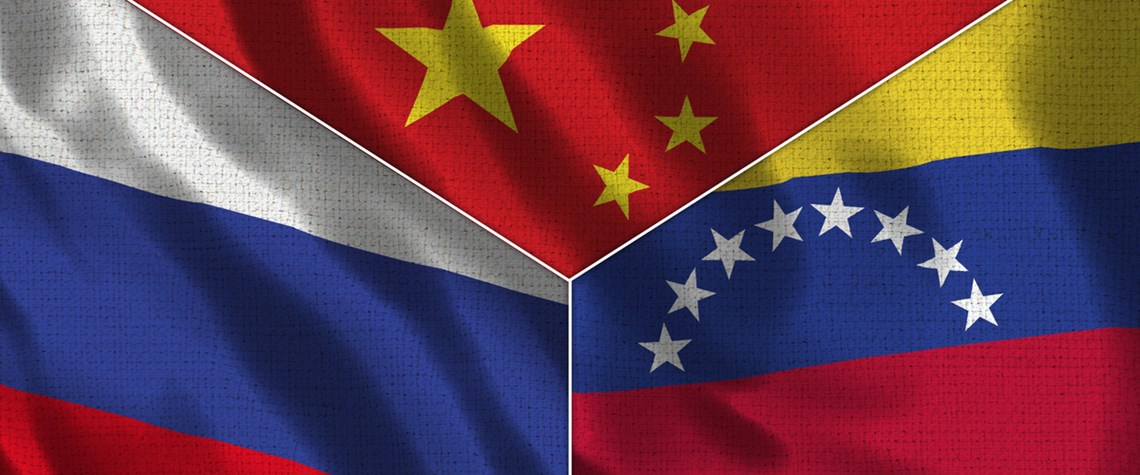Venezuela’s allies choose divergent paths
Support from strategic partners Russia and China has helped the Latin American regime endure punishing economic sanctions. But over time their approaches have begun to deviate significantly
Venezuelan president Nicolas Maduro’s capacity to retain power depends on multiple factors: an ideologically divided political opposition, strong loyalty among higher ranks of the country’s military and an efficient authoritarian apparatus built to persecute and crush dissent. But, beyond these domestic factors, both China and Russia have been key allies for Venezuela, providing an economic lifeline for the beleaguered former oil giant. Venezuela’s oil industry is far from its heyday. Years of mismanagement, deficient basic services and economic sanctions have all taken their toll. Daily production fell from about 3mn bl/d in 2010 to 362,000bl/d in Q3 last year, the lowest level since 1940.

Also in this section
4 March 2026
The US president has repeatedly promised to lower gasoline prices, but this ambition conflicts with his parallel aim to increase drilling and could be upended by his war against Iran
4 March 2026
With the Strait of Hormuz effectively closed following US-Israel strikes and Iran’s retaliatory escalation, Fujairah has become the region’s critical pressure release valve—and is now under serious threat
3 March 2026
The killing of Iran’s Supreme Leader Ayatollah Khamenei in US–Israeli strikes marks the most serious escalation in the region in decades and a bigger potential threat to the oil market than the start of the Russia-Ukraine crisis
2 March 2026
A potential blockade of the Strait of Hormuz following the escalating US-Iran conflict risks disrupting Qatari LNG exports that underpin global gas markets, exposing Asia and other markets to sharp price spikes, cargo shortages and renewed reliance on dirtier fuels







